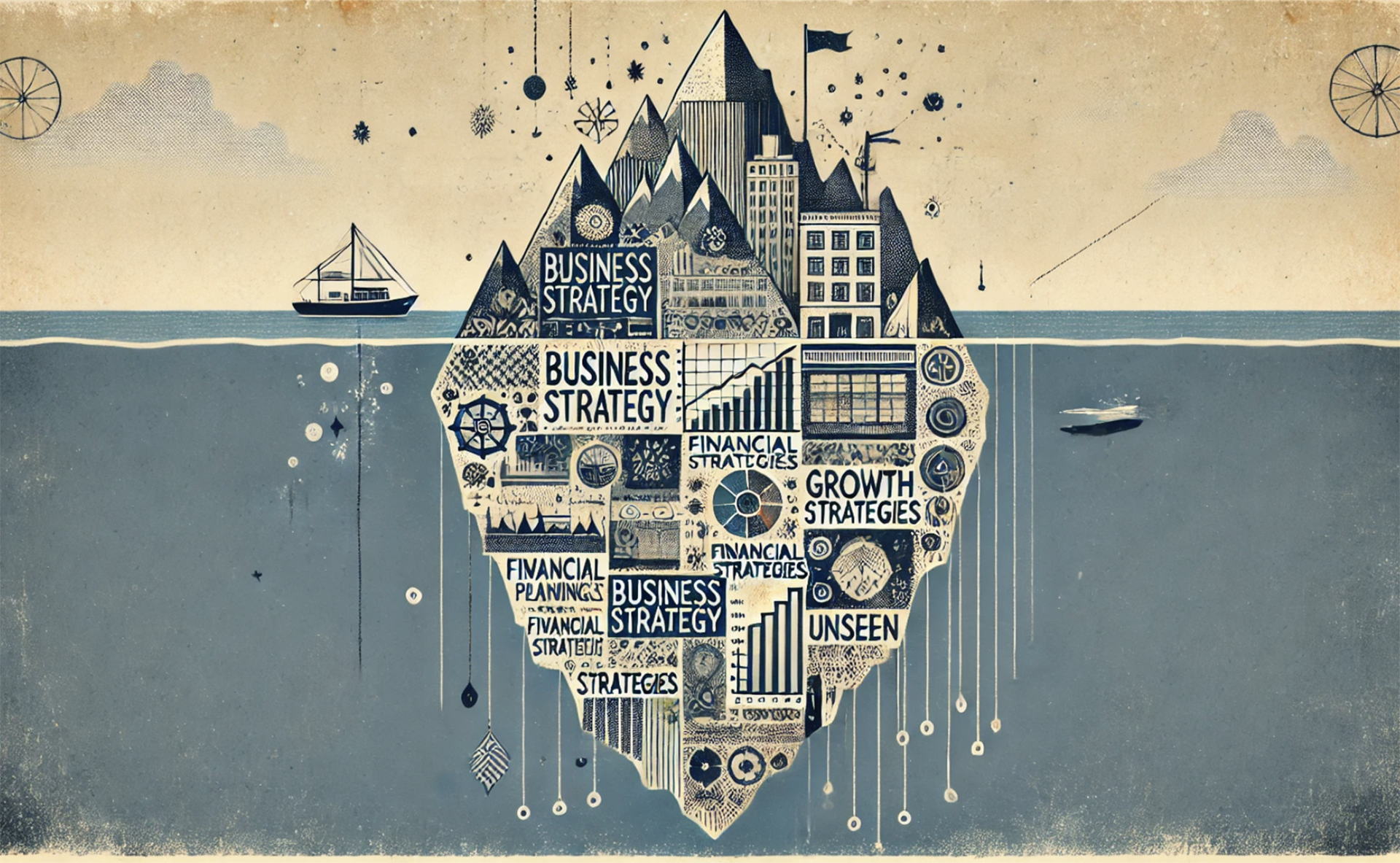More than ever, employees show the signs and symptoms of working too much. According to Gallup, 76% of employees experience burnout on the job at least sometimes, with Robert Half noting that 41% of employees are more burnt out now than a year ago.
Though some business owners assume more working hours translate to more productivity, overworked employees come with high costs. Burnout presents several consequences, from financial pitfalls to social repercussions. As such, you should take stock of your employees’ well-being regularly and learn the ins and outs of overwork to spot the signs of burnout.
The financial costs of overwork
As a digital agency owner, you should understand how overworked employees can impact you financially. It’s easy to assume that more hours equals more income, but the opposite is more likely to be true. Financially, overwork can impact staff retention, cost clients, and even affect ongoing healthcare expenses.
Increased turnover costs
Per Gallup, employees are around 2.6x more likely to search for other jobs if burnt out. If your teammates are constantly stressed, overworked, and worn down, they’ll likely seek employment elsewhere. Not only does this paint your business as a bad workplace, but it also means you’ll have to reinvest in hiring and training. More burnout means more turnover and, therefore, more expenses. Finding a suitable replacement for a highly skilled worker can be much more difficult if you work in a specialized industry.
More errors and client revisions
A burnt-out employee is likelier to make mistakes that can impact your bottom line and reputation. It could be small, like an employee missing common errors in a proof. Or, it could be a severe financial mistake with ad spend. Either way, employee mistakes will lead to more client revisions, redoing tasks, and potential loss of clients. On the other hand, a rested, happy employee is less likely to impact an account negatively.
Impact on healthcare costs
Overworked employees know how stress can affect health and wellness. From emotional burnout that requires regular care from a mental health specialist to physical burnout that leads to illness can cause employees to use their healthcare benefits much more frequently. Plus, missed time from a burned-out employee means more work for your other team members, increasing their chances of overwork as well.
The productivity costs of overwork
Employee overworking impacts far more than your bottom line. It can also cause subtle effects that drag down your agency’s productivity.
Burnout causes creative blocks
Overwork, especially in creative roles typical in digital agencies, can lead to burnout which, in turn, can diminish creative output. An employee showing signs of overworking may express reduced creative capacity or difficulty with regular workloads. Healthy boundaries and time to unplug can help boost creativity and prevent burnout.
Lower team morale
Overwork can result in lower confidence, impacting collaboration and decreasing your team’s quality of work. Often, burnout has a domino effect. When one employee is overworked and has lower output, the added stress can impact coworkers and teammates. Employees are more conscious than ever about workplace conditions, so consider your team’s needs and actively work to improve morale.
Sick leaves and absenteeism
When working too much, agency burnout can cause illnesses, requiring employees to use sick days. Overwork can increase how frequently your employees miss work, significantly impacting your project timelines. It can also lead to absenteeism, which can, in turn, lower team morale and productivity.
Simple Time Tracking Solution for your Agency
The impact of overwork on brand image
Outside of overworked employees' financial and social impacts, burnout can also affect your brand’s image and how clients, prospective talent, and peers view you and your digital agency. Between talent acquisition and client relationships, low employee morale can impact your brand image in ways you may not suspect.
Talent acquisition
Overwork can diminish your digital agency's reputation, making attracting and retaining highly qualified employees harder. Social media and employee review platforms like Glassdoor allow unhappy employees to bring attention to the challenging conditions and unfair treatment they encounter. Today’s digital agency owner needs to worry about far more than just word of mouth if disgruntled employees decide to start speaking their minds. No one wants to take a new job at a company with a reputation for burnout or a toxic work environment!
Client relationships
A client is less likely to interact positively with a burnt-out employee. While some clients are more forgiving than others, negative interactions with overworked employees can sour your relationships and create harmful word of mouth about your agency. Conversely, a happy employee is liable to go the extra mile needed and leave a positive impression on clients, helping to bolster your agency’s reputation.
How to prevent employee burnout
Now that you understand the signs of overworking, familiarize yourself with how to prevent employee burnout. You can take several proactive steps, from training your team leads to more capable spot disengagement to cultivating a healthy, productive agency culture.
Promoting work-life balance
You can improve your agency’s work-life balance in several ways, such as introducing flexible hours and remote work options or enforcing “no-work” periods for creative rejuvenation. Robert Half reports that 70% of professionals who can set their own schedules work more hours than they used to. As an added benefit, a positive work-life balance can also help attract top talent to your agency, making it easier to grow your brand healthily and sustainably.
Training for team leads
With some training, you can equip your team leads to spot critical signs of employee burnout. These signs include decreased productivity, lower engagement, behavior or attitude changes, increased errors, overwhelming expressions, and pessimistic time attitudes. From Gallup, employees who say their manager is always willing to listen to their work-related problems are 62% less likely to be burned out. By training your team leads proactively, you can prevent overwork from settling in before it becomes an issue.
Leveraging technology in your processes
Digital agencies should use time-tracking and project management software to analyze efficiency and plan projects. Time-tracking software like Elorus can highlight inefficiencies in processes or tasks that take longer than they should, enabling leaders to make improvements and reduce unnecessary work. You can also use these tools historical data to improve project planning and prevent a frantic, last-minute scramble to push a project across the finish line.
Cultivating a healthy agency culture
Spend time creating a culture that values a sustainable balance of well-being and productivity. Employees want to know they’re appreciated just as much as finances. Lead by example, which could mean taking the occasional mental health day yourself or adhering to any “no-work” periods you develop for your team members. In addition, it should be a good idea to organize team bonding activities several times a year and reward employees’ good behavior at every opportunity.
Equip your brand with the right tools to prevent employee overwork
Reviewing employee timecards to ensure your team members aren’t working too many hours and using software greatly benefits your brand. Platforms like Elorus can help eliminate redundant tasks, lead to better data insights, and make it easier to spot the signs of overworked employees before they harm your brand image. Sign up for free today to learn more about Elorus and our comprehensive business software.






